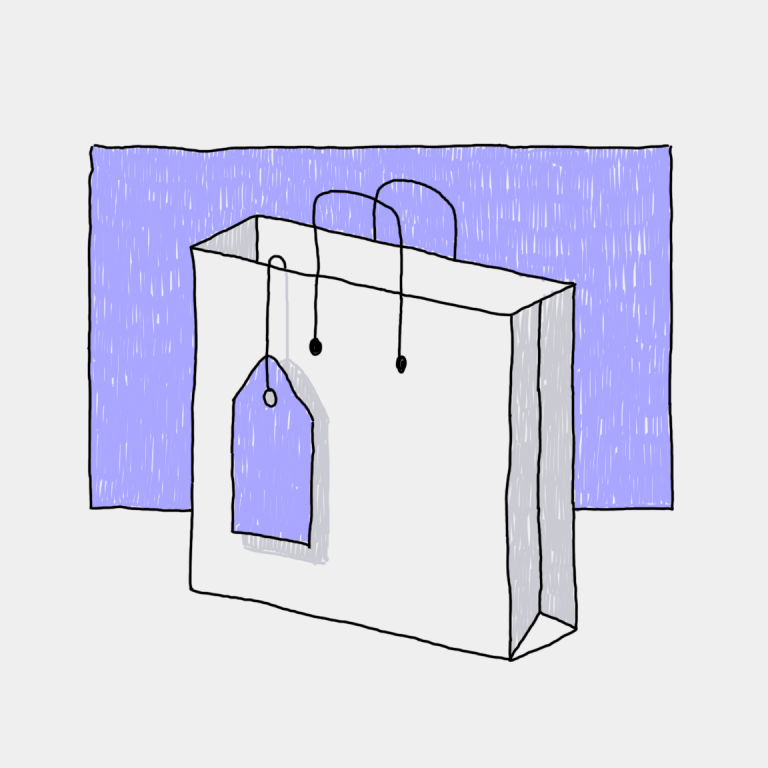For entrepreneurs with an interest in DIY crafts, starting an online fabric store can be a fun, successful business venture. Creating an online store dedicated to fabric may seem like a niche idea. But that can actually be used to your advantage. There is a sizable market for fabrics and sewing materials, but it’s not always easy for crafters to find everything they need. Therefore, creating an online fabric store with a good inventory of items can give you a substantial share of that market.
But starting your own fabric business is not without its challenges. Knowing the ins and outs of the industry is one thing. But understanding all of the work required on the backend to get your business off the ground is another challenge. To help with both, here is a quick guide on how to start a fabric store online.
Advantages of Starting a Fabric Store Online
First, let’s take a look at a couple of the reasons why it can be a good idea to sell fabric online. Many products can be sold online, so why choose fabrics specifically?
Easy to Store and Ship
Being lightweight is a huge advantage when it comes to selling fabric online. Online retail comes with many advantages, but one of the key disadvantages can be shipping. Shipping presents some risk for retailers, in addition to being a financial obligation. But lightweight items are less expensive to ship (and store), making them ideal for online retailers. In addition to that, it is also difficult to damage fabric while it is in transit. This significantly reduces the risk involved in shipping your online fabric business.
Niche Market With Low Competition
Are there items with greater demand than fabrics? Yes. But the problem with selling items in extremely high demand is that you are rarely the only vendor in that market. It never hurts to have a few
Great Variety
Most people who buy fabric do so because they are working on creative projects. They could be quilting, sewing, or stitching. In any case, they are working on something unique to them, and often want their crafts to be personalized. This means there is tremendous variety in the styles and types of fabrics you can sell. Also, this creates even more opportunities for your business to stand out, as you can choose to specialize in certain types of fabrics.
Starting an Online Fabric Store: Creating Your Business Plan
A business plan is a formal document that outlines the structure, goals, and budget for a business. A business plan is an important document for any business, regardless of industry. Some of the key areas that you should cover in a business plan include organizational structure, target market, product descriptions, and financial projections.
Having a general understanding of each of these aspects of your business is very important. But, for now, we will focus on some of the aspects of a business plan that are unique to an online fabric store.
Target Market
Starting off, it’s crucial to understand who the target market for your online fabric store is. Identifying your target market helps when it comes to devising a marketing strategy and finding the most suitable marketing channels.
Generally speaking, the target market for an online fabric store is people who are interested in arts and crafts. This spans a wide range of demographics, ranging from seniors to teenagers. Rather than trying to cater to one demographic, then, your online fabric store would have better luck focusing on which channels to use. A social media platform like Instagram is a logical place to focus your marketing efforts. Plus, Instagram is a visual platform, which means it’s a great place to show off your rich array of different colored and patterned fabrics. Similarly, you might also focus on selling products on Etsy to reach your target audience.
Choosing Your Supplier
Choosing a good, dependable supplier is one of the most important early steps for any retail business. Having a reliable supplier keeps your supply chain strong and can prevent a lot of headaches. Customer service, inventory management, and order fulfillment can all be made easier by choosing the correct supplier.
The most common model for online fabric stores is to buy fabrics in bulk from a wholesale manufacturer. However, dropshipping is also an option that some fabric stores use. In either case, the two key criteria to focus on when choosing a supplier are product variety and reliability.
Having access to a wide range of fabrics will be very important simply because it gives you (and your customers) more options. This can help draw in new customers and keep people coming back to your store.
However, you should also spend some time carefully researching potential suppliers and reading their online reviews.
Online Store Setup
Last, let’s focus on setting up your online store itself. This may seem like the most daunting part of the business if you have no web design experience. But there are many tools you can use that make this process easier than ever before.
Most startup online retailers use an
With an online fabric store, you want to focus on a few key things. First is presentation. Again, fabrics are typically used for crafting projects. Presenting your products in a compelling manner is therefore extremely important. The second is accessibility. You want potential customers to be able to find your store, and easily search through the different available fabrics.
Want to learn more about selling crafts and crafting materials online? Read our ideas for the best crafts to sell online for more ways to make money online.
- The Best Way to Create an Online Store
- How to Write a Business Plan for Your Online Store
- Starting An Online Clothing Store: What You Need to Know
- How to Create a Successful Thrift Store Online
- How to Open an Online Furniture Store
- A Simple Guide to Starting an Online Shoe Store
- How to Create a Successful Online Fabric Store
- How to Start a Business Selling Jewelry Online
- What You Need to Know Before Starting an Online Grocery Store
- Starting An Online Liquor Store: Requirements and Best Practices
- The Keys to Starting a Successful Online Candy Business
- How to Start a Successful Bookstore Online
- How to Start an Online Fish Store
- What You Need to Know In Order to Start an Online Auto Parts Store
- How to Start a Profitable Online Golf Store








